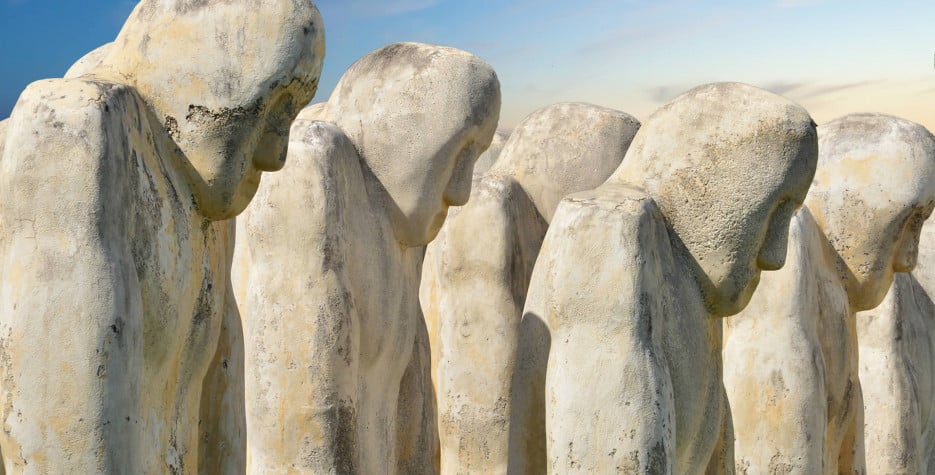Abolition Day in Martinique
Abolition Day is a public holiday in Martinique observed on May 22nd.
This is the National Day of Martinique and commemorates a slave rebellion in 1848 on Martinique that forced Governor Claude Rostoland to issue a decree abolishing slavery.
About Martinique
Martinique is an Overseas Department/region and single territorial collectivity of France, and therefore an integral part of the French Republic, located in the Lesser Antilles of the West Indies in the eastern Caribbean.
The local Tanio called the island Madinina, which means “Island of Flowers.” Christopher Columbus sighted the island in 1493 and landed on it in 1502.
France claimed the island in 1635 after they realized the inhabitants were heavy producers of sugar canes, with the first slaves arriving a year later.
About Abolition Day
Like the other major European nations at the time, France was keen to expand its reach into the new world. It established colonies on the American mainland but also took control of several islands in the Caribbean.
These new settlements needed a plentiful supply of workers to drive labour-intensive activities with high mortality rates such as sugar cane plantations, with the French turning to slaves from Africa. By 1778, the French were importing approximately 13,000 Africans for enslavement to the French West Indies.
Louis X of France had abolished slavery within the Kingdom of France way back in 1315, but that particular law never applied to the colonies despite an attempt to extend it to all parts of the Kingdom in the 16th century.
Slavery was abolished by the French Republic in February 1794, but Napoleon revoked that decree in 1802.
On April 27th 1848, under the Second Republic, the decree-law of Schœlcher abolished slavery in all French colonies with a general and unconditional emancipation. The state bought the slaves from the colonists and then freed them.
The countries that observe the abolition of slavery may do so at different dates as the enforcement of the abolition took its time to reach different colonies.


